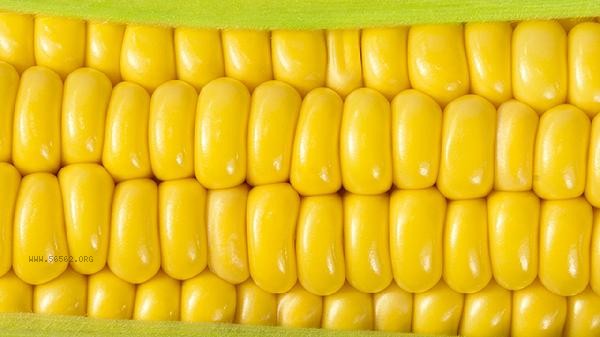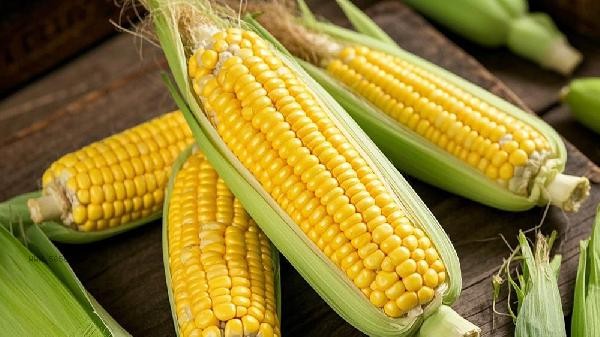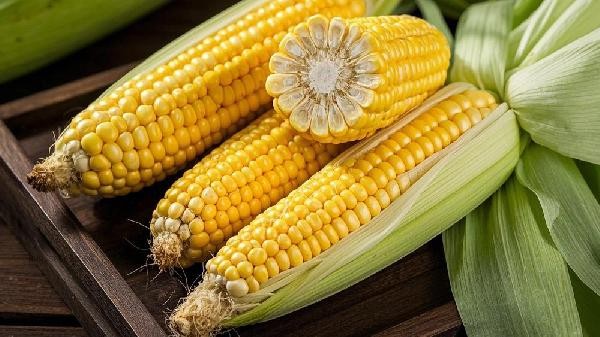It is generally recommended to use decomposed organic fertilizers, compound fertilizers, nitrogen fertilizers, phosphorus fertilizers, potassium fertilizers, etc. as base fertilizers for glutinous corn cultivation. The selection of base fertilizer should be based on soil conditions and growth stages to ensure the yield and quality of glutinous corn.

1. Rotten Organic Fertilizer
Rotten organic fertilizer can improve soil structure, enhance water and fertilizer retention capacity, and is suitable as a base fertilizer for glutinous corn. Commonly used composted farmyard manure or compost, the dosage per acre is adjusted according to soil fertility, and can be appropriately increased for poor soil. Organic fertilizer needs to be plowed into the soil in advance to avoid direct contact with the seeds.
2. Compound fertilizer
Nitrogen phosphorus potassium compound fertilizer can provide balanced nutrition for the growth of glutinous corn and promote root development during the seedling stage. It is recommended to choose low chloride compound fertilizer to avoid the impact of chloride ions on the quality of glutinous corn. When fertilizing, it is necessary to evenly spread and mix with the soil to prevent excessive local concentration.
3. Nitrogen fertilizer
Nitrogen fertilizer can promote the growth of glutinous corn stems and leaves, but excessive use can easily lead to overgrowth. It is recommended to use slow-release nitrogen fertilizer as the main base fertilizer, such as urea combined with organic fertilizer. Sandy soil needs to be applied in small amounts in batches to reduce the risk of erosion.

4. Phosphorus fertilizer
Phosphorus fertilizer is helpful for the early root development and grain formation of glutinous corn, and superphosphate or calcium magnesium phosphate fertilizer is commonly used. Calcium magnesium phosphate fertilizer is suitable for acidic soil, while superphosphate can be used for alkaline soil. Phosphate fertilizer needs to be applied in concentrated trenches to improve utilization efficiency.
5. Potassium fertilizer
Potassium fertilizer can enhance the lodging resistance of glutinous corn and improve grain plumpness. Potassium sulfate or potassium chloride can both be used, but chlorine resistant varieties should avoid potassium chloride. Potassium fertilizer should be thoroughly mixed with soil to avoid surface enrichment.

The planting of glutinous corn requires the scientific allocation of base fertilizer based on soil testing results, and the management of topdressing during the growth period. Suggest rotating leguminous crops to improve soil fertility and avoid nutrient imbalance caused by continuous cropping. Pay attention to controlling the amount of chemical fertilizers used, and combine them with organic fertilizers to enhance the flavor and nutritional value of glutinous corn. Keeping the soil moist during the planting process and timely plowing and weeding can help with nutrient absorption and utilization.









Comments (0)
Leave a Comment
No comments yet
Be the first to share your thoughts!